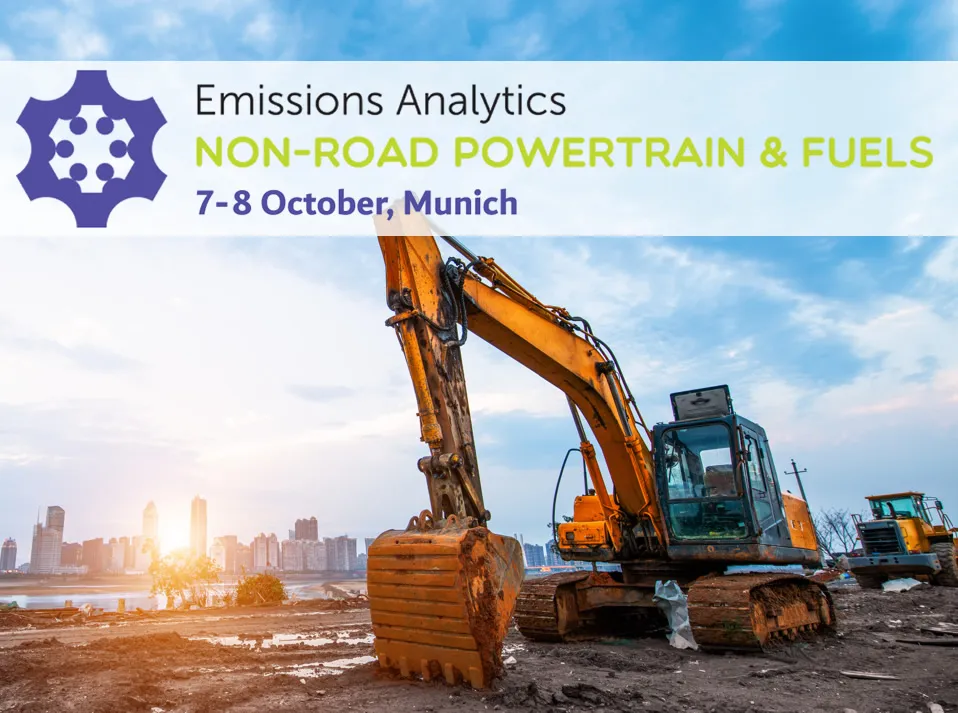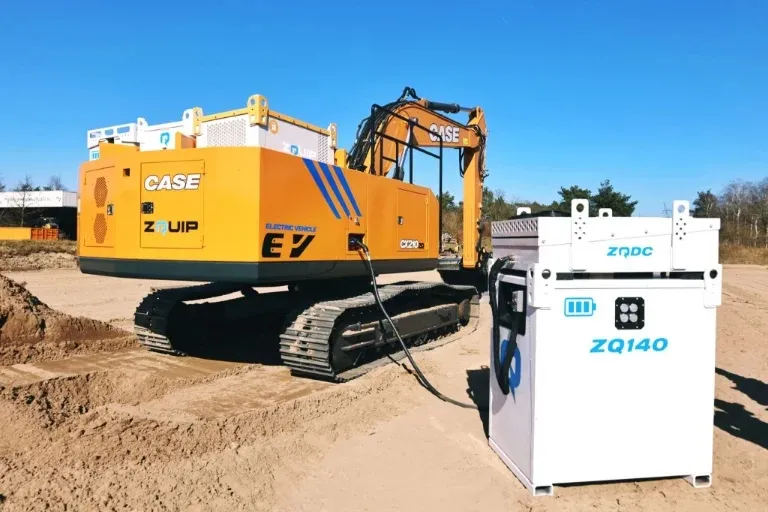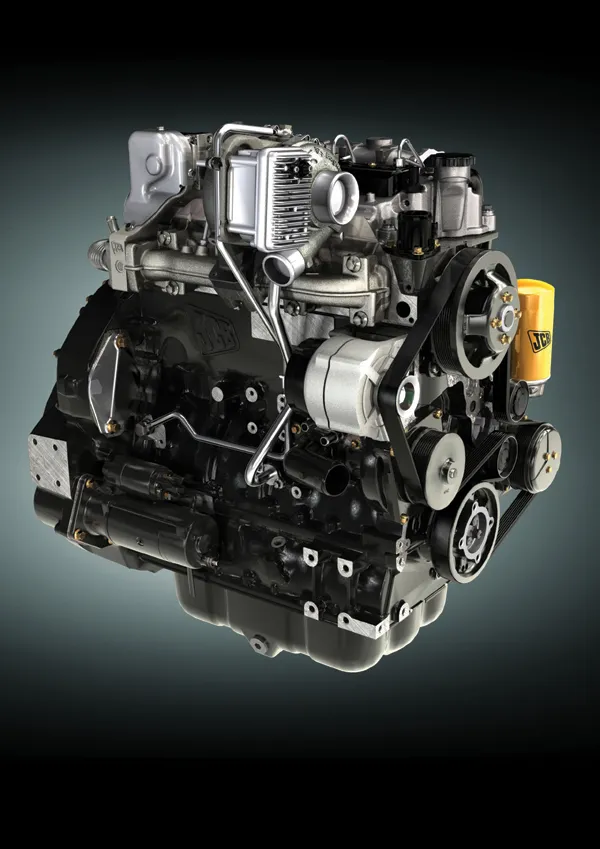
The conference presentations will outline the drivers for decarbonisation, and explain the challenges facing sectors such as construction and mining. A range of potential solutions will be discussed, including practicality, environmental effects, timescales and costs.
This is the latest in a series of international conferences that are rethinking, refuelling and re-powering the internal combustion engine, alongside innovative battery and fuel cell technologies that are electrifying off-highway machinery,” explains James Hobday from the organisers, Emissions Analytics. “Our aim is to share the latest knowledge, experience and best practice in off-highway machinery decarbonisation, so that organisations can find the best way to achieve this common goal.”
Xavier Hamel from Kubota said: “The Non-Road Powertrain & Fuels conference is an event that I highly recommend to OEMs who need to plan their next machinery development program and assess the optimum option for meeting their customers' demand.”
Typically, the attendees of the Non-Road Powertrain & Fuels conferences include regulators, city and local government officials, engine and machine manufacturers, powertrain developers, electrification and alternative fuel specialists, and representatives from the off-road machinery supply chain.
As the electrification of the on-road fleet expands, the contribution of off-road machinery to urban air pollution is becoming better understood.







